Publication: The influence of mindfulness, resilience, and self-efficacy on foreign language anxiety among chinese college students
27
0
Issued Date
2025-11-01
Resource Type
ISSN
20899823
eISSN
23029277
Scopus ID
2-s2.0-105013519163
Journal Title
Journal of Education and Learning
Volume
19
Issue
4
Start Page
2024
End Page
2032
Rights Holder(s)
SCOPUS
Bibliographic Citation
Journal of Education and Learning Vol.19 No.4 (2025) , 2024-2032
Suggested Citation
Li H., Srisawat P., Voracharoensri S. The influence of mindfulness, resilience, and self-efficacy on foreign language anxiety among chinese college students. Journal of Education and Learning Vol.19 No.4 (2025) , 2024-2032. 2032. doi:10.11591/edulearn.v19i4.23075 Retrieved from: https://hdl.handle.net/20.500.14740/50352
Author(s)
Author's Affiliation
Corresponding Author(s)
Other Contributor(s)
Abstract
This study explores the effects of mindfulness, resilience, and self-efficacy on foreign language anxiety among Chinese college students and identifies the most significant predictor of foreign language anxiety. Employing a quantitative approach, data were collected from 323 English as a foreign language students using validated scales measuring these variables. Pearson correlation analyses revealed significant negative correlations of self-efficacy (r=-0.538, p<0.01), resilience (r=-0.372, p<0.01), and mindfulness (r=-0.331, p<0.01) with foreign language anxiety. Multiple regression analysis indicated that self-efficacy was the most impactful variable for predicting foreign language anxiety, while mindfulness also significantly predicted foreign language anxiety, but resilience did not. These findings underscore the pivotal part played by self-efficacy in reducing foreign language anxiety and suggest that enhancing self-efficacy can improve language study experiences. The research offers meaningful understandings regarding the mechanisms of foreign language anxiety and offers practical recommendations for educators to implement strategies aimed at boosting students’ self-efficacy, with implications for future research and practice.
